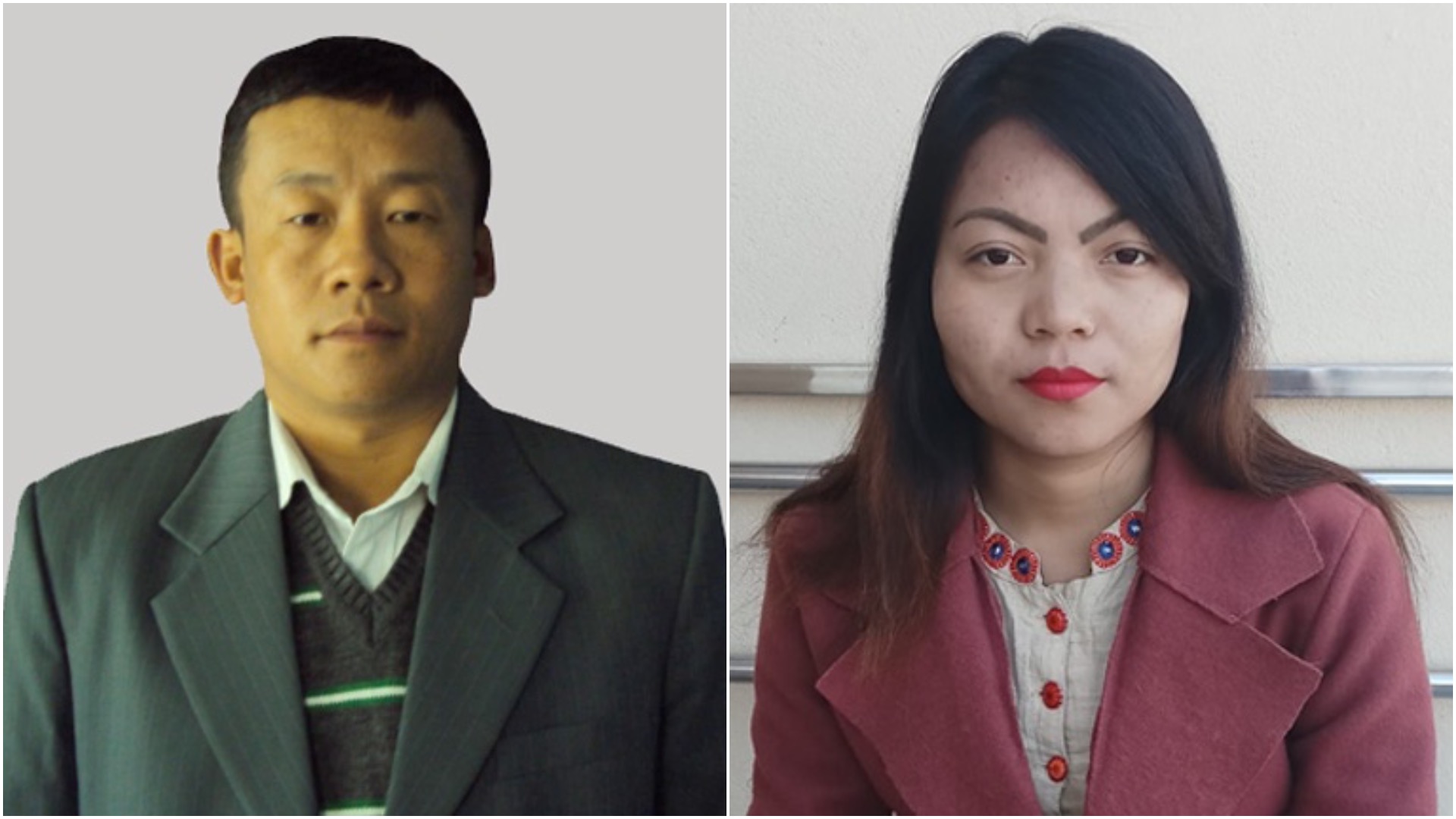Nepal’s local governments lead from the front

Sabitra Devkota of Diprung Chuichumma rural municipality in Khotang had been isolating at home for four days after testing positive for Covid-19 in late May when she fell unconscious. There was no one to take her to hospital.
Devkota’s relatives informed Diprung Chuichumma rural municipality Chair Bhupendra Rai about her situation. Rai immediately drove to Devkota’s house and took her to hospital himself.
Devkota is one of many Covid-positive residents of this village in Khotang district of eastern Nepal whom Chairperson Rai has helped this month. With the vice-chair Sapana Rai, the two leaders have been actively on the frontlines as the deadly second Covid wave that has battered the country’s urban hubs sweeps across rural Nepal.
Out of 300 Covid-19 PCR tests done in the village, 93 came back positive last month. And as cases began to rise, the only ambulance operating within the municipality was unable to attend to the increased number of calls. So Bhupendra Rai donned a PPE and turned his official vehicle into an ambulance. He now drives Covid-infected patients to hospital himself, spending more time on the road than he does at his desk.
Inaccessibility to roads in some areas of the municipality means that Rai’s vehicle sometimes cannot reach near enough for people to walk to. When that happens, Rai goes into their homes and carries them out to his vehicle himself.


He has to be hands-on, he explains, in order to reduce the risk of the infected person’s family members being exposed to the virus.
“I wear a PPE and masks at all times, so the chances of me contracting the virus are relatively less than when relatives come in contact with infected people while helping them,” says Rai.
Vice-chair Sapana Rai has been equally involved in the efforts, working with Bhupendra Rai to provide aid to Covid-positive residents, take people to get antigen tests at the temporary Covid hospital, and arrange for isolation facilities depending on the severity of individual Covid cases.
A little help goes a long way in home isolation, Nepali Times

The municipality has set up a 25-bed isolation centre with supplemental oxygen. “Asymptomatic individuals are told to isolate at home,” explains Bhupendra Rai, “while those who show serious symptoms are kept in this isolation facility.” The two village leaders have also been coordinating to send critically ill Covid-19 patients for treatment to Kathmandu, Dhulikhel or Charikot.
Testing has also been ramped up across each tole to manage the spread of the virus before the situation gets out of hand. In fact, as health workers go door-to-door conducting antigen tests, Rai is usually right alongside them. “I have been accompanying health workers to keep the morale up,” he says.
At the Covid-19 frontlines in rural Nepal, Priti Thapa
So far, 14 patients in the municipality have recovered from the disease during the second wave. Khotang is among the few districts in Nepal not under prohibitory orders. As such, the local government has advised Diprung Chuichumma residents to stay home unless strictly necessary to go outside.
Additionally, they have tightened security measures, putting out an order that requires anyone entering the municipality from outside to have a negative test report.
The local government has also been actively pushing out campaigns on Covid prevention. “We have been providing support to Covid-positive individuals while simultaneously running awareness programmes across the municipality,” says vice-chair Sapana Rai.
Meanwhile, constant exposure to the virus has meant that Bhupendra Rai has not come in close contact with his own family in a month. Rai is diligent about showering and disinfecting when he gets home from work every day. He stays and takes his meals in a separate room, and doesn’t venture into the kitchen or to where his family gathers.
Rai believes in leading from the front. “Now is not the time for us to give out orders to others while we stay in a bubble of safety,” he says. “We were elected to serve the people. If we unite now to fight this virus, there will be brighter days ahead.”
Read also: Nepal’s doctors are like soldiers fighting a war, Donatella Lorch




